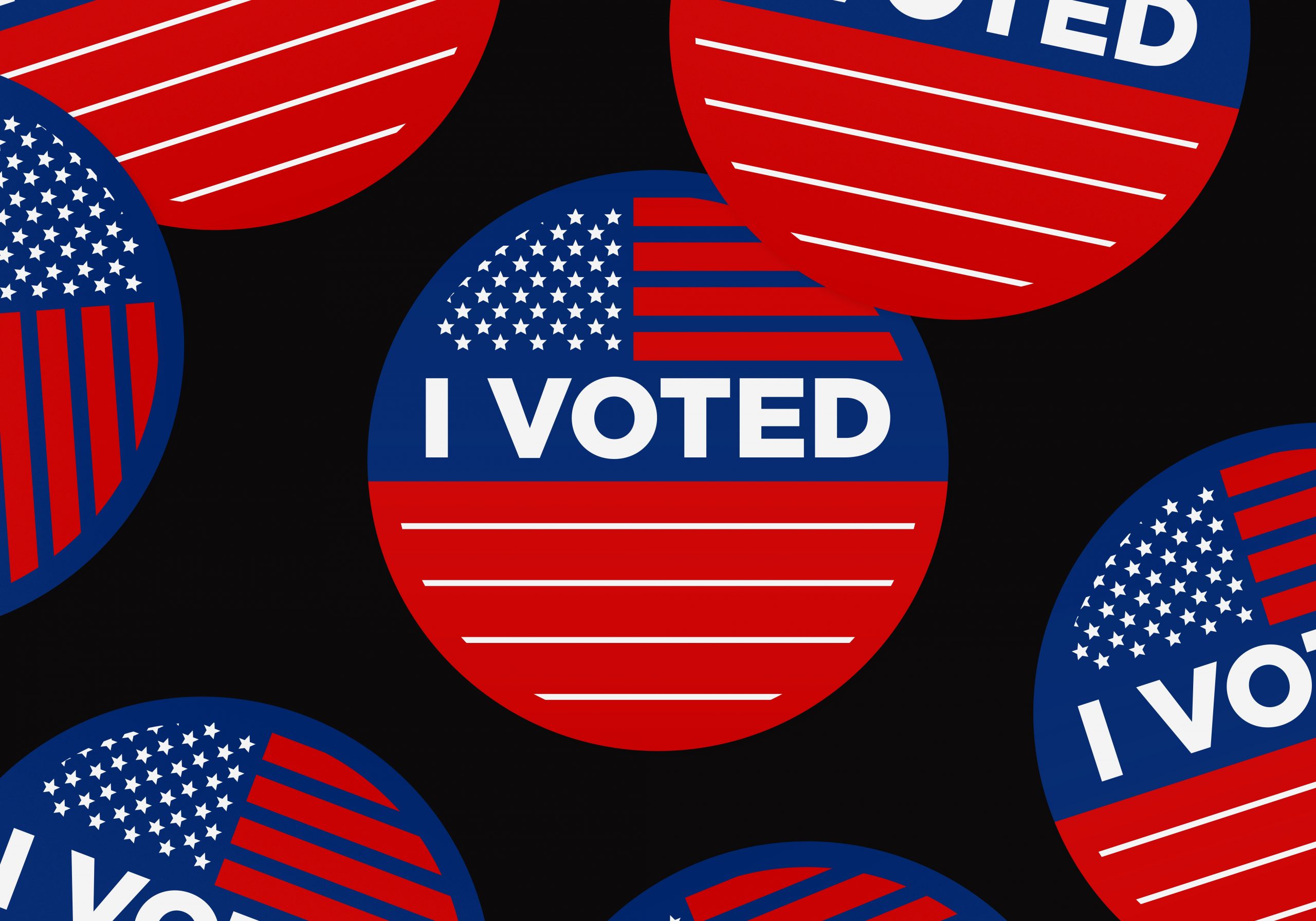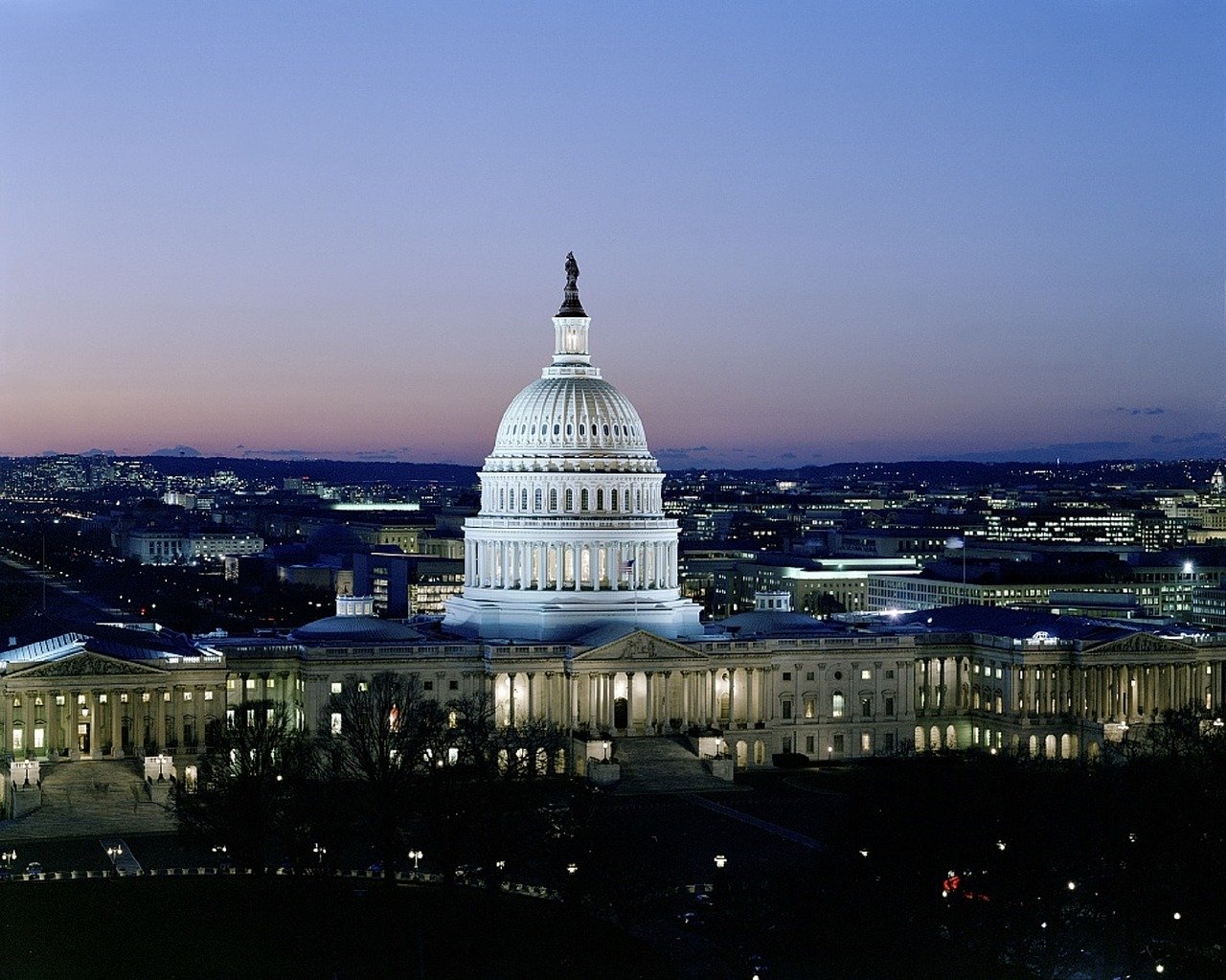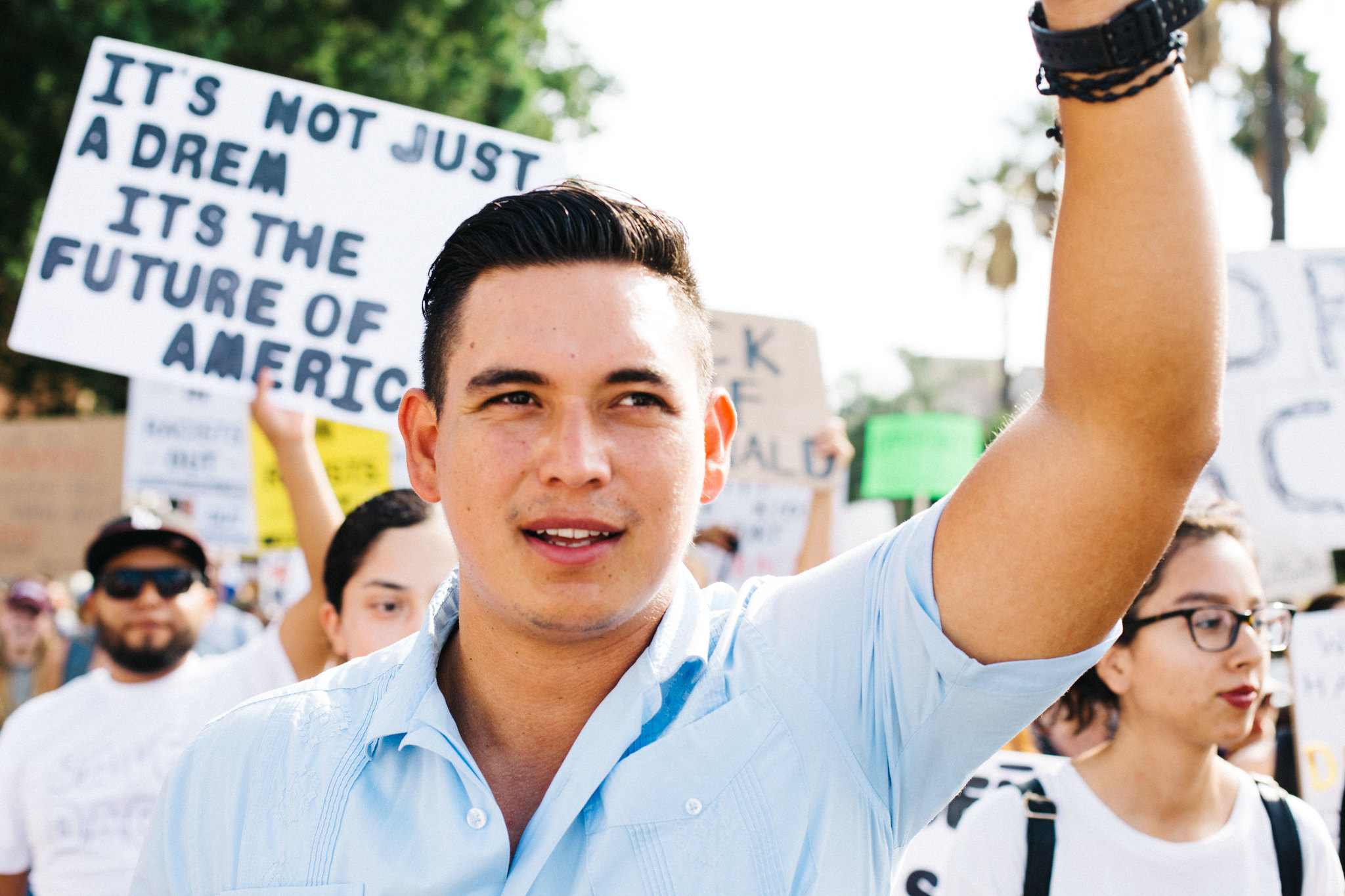Happy Monday! Welcome back to Visalawyerblog. We kick off the start of a brand new week with very exciting news.
We are happy to report that on October 1, 2020, Congress passed H.R. 8337, an appropriations bill that will expand the availability of premium processing service provided by the United States Citizenship and Immigration Services (USCIS) to a larger pool of applicants for immigration benefits.
The legislation calls for expansion of premium processing to most employment-based immigration applications and potentially all USCIS benefits. This move could prove enormously beneficial especially during the Coronavirus pandemic to help move cases along more quickly than ever before. Applicants who request an employment authorization document (EAD) for example can seek premium processing service along with their applications, allowing for EADs to be issued within 15 calendar days.
During this pandemic, the processing of EAD applications has slowed significantly with most taking at least 7 months or longer to be issued. This new legislation will dramatically improve processing times for those that are willing to pay for premium processing service.
Before H.R. 8337, USCIS allowed certain employment-based petitioners to request premium processing service for E-1, E-2, H-1B, H-2B, H-3, L-1A, L-1B, LZ (blanket L-1), O-1, O-2, P-1, P-2, P-3, Q-1, R-1, TN-1 and TN-2 applications for a fee of $1,440 with guaranteed processing of applications within 15 calendar days. For immigrant petitions, premium processing was available, with certain exceptions, for the employment-based first, second and third preferences (EB-1, EB-2 and EB-3).
What types of petitions will benefit from the expansion of premium processing service?
The new legislation will now allow premium processing service for:
(A) employment-based nonimmigrant petitions and associated applications for dependents of the beneficiaries of such petitions;
(B) employment-based immigrant petitions filed by or on behalf of aliens described in paragraph (1), (2), or (3) of section 203(b); [the first three employment-based preferences]
(C) applications to change or extend nonimmigrant status;
(D) applications for employment authorization; and
(E) any other immigration benefit type that the Secretary deems appropriate for premium processing.
 Visa Lawyer Blog
Visa Lawyer Blog











